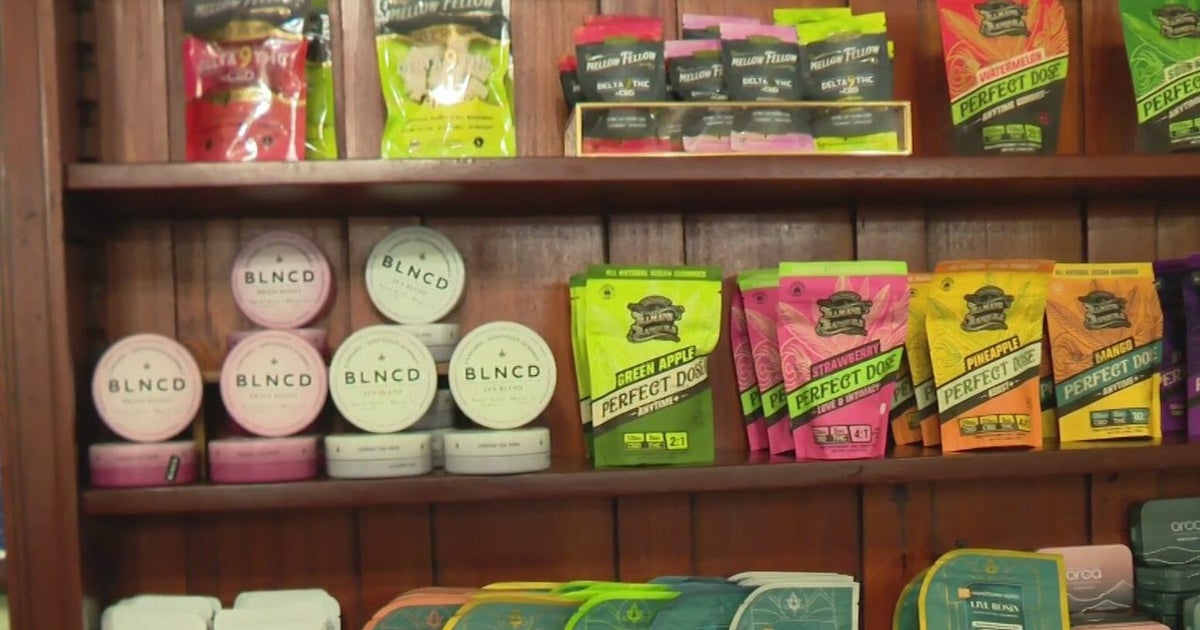Oil-For-Food Audits Called Unclear
Newly released U.N. audits of the oil-for-food program leave unanswered questions about whether Saddam Hussein used the program to illegally raise billions of dollars, congressional leaders said Monday.
Lawmakers had repeatedly demanded that the United Nations turn over more than 50 internal audits on the program, suspecting they would provide evidence that the former Iraqi president manipulated the humanitarian program with the help of corrupt or inept U.N. overseers.
But the audits released Sunday night didn't tackle the corruption issues at the heart of the matter. While finding repeated examples of overpayments to contractors and the mismanagement of purchases, the audits do not address the broader issues of oversight by U.N. headquarters and of the program's contracting and banking procedures.
"These audits do not answer even a fraction of the questions we have been asking or will be continuing to ask as our investigation moves ahead," said Sen. Norm Coleman, R-Minn., chairman of the Senate Governmental Affairs Committee's investigations subcommittee, one of several panels looking at the program.
Rep. Chris Shays, R-Conn., the chairman of the House Government Reform Committee's national security subcommittee, said the audits raise the question, "How was the U.N. internal watchdog effectively neutered?"
The United Nations ran the oil-for-food program from 1996-2003 while Iraq was under sanctions. It allowed Saddam to export oil under U.N. oversight and use the proceeds to buy food, medicine and other humanitarian goods.
The program is credited with preventing starvation in Iraq. But several U.S. investigations have found that Saddam used the program to make a fortune through kickbacks and other illicit payments. A CIA report cited evidence that Saddam used it to bribe leading international figures, including oil-for-food administrator Benon Sevan. Sevan has denied wrongdoing.
The allegations prompted U.N. Secretary-General Kofi Annan to name a three-man committee, headed by former Federal Reserve Chairman Paul Volcker, to investigate the program. With that investigation continuing, the United Nations declined to give the audits to congressional panels, saying disclosure of the reports could undermine the inquiry.
With Volcker's panel nearing completion of an interim report and congressional pressure continuing, it released the audits Sunday on its Web site.
In an accompanying report, Volcker said the audits had been performed well, but the limited scope appears to have "deprived the U.N. of a potentially powerful agent in helping to ensure accountability."
U.N. associate spokesman Stephane Dujarric said Volcker's report showed "there was a dynamic auditing process generated by the U.N. itself, as well as the reports of external auditors which have already been made public."
Dujarric said the audits "are just one snapshot of the program" and that Volcker's investigation is continuing. "We have to wait for his (Volcker's) final conclusion to make any judgments."
White House spokesman Scott McClellan on Monday praised the release of the audits, saying it was a good step toward conducting an open investigation of the oil-for-food program by the Volcker committee.
The audits had been prepared by the U.N. internal watchdog, the Office of International Oversight Services. They revealed some problems that had not been part of congressional investigations. They found rampant mismanagement in humanitarian programs in Kurdish-controlled northern Iraq.
The audits also found more than $5 billion in overpayments by the U.N. Compensation Commission. The commission, a separate agency from the oil-for-food program, compensates victims for losses suffered during Iraq's occupation of Kuwait.
In responses on its Web site, the commission disputed not only the watchdog agency's findings but also its right to audit the commission.
Other issues were more closely tied to the subjects of congressional investigations. For example, several committees are examining the role of Saybolt International BV, a Dutch company that monitored Iraqi oil exports. One of the U.N. audits found the company inflated invoices, charged for accommodation of workers provided by the Iraqi government and exaggerated staffing and other expenses.
House International Relations Committee Chairman Henry Hyde, R-Ill., said the audits appear to "show a systemic failure on the part of the U.N. to responsibly administer the oil-for-food program."
Sen. Carl Levin of Michigan, top Democrat on the Governmental Affairs investigations subcommittee, said the audits showed the program "suffered a variety of inspection and management weaknesses and insufficient audits and audit follow-up." But he praised the release of the reports, saying it would "increase transparency, strengthen oversight and build a culture of accountability in the United Nations."
By Ken Guggenheim



